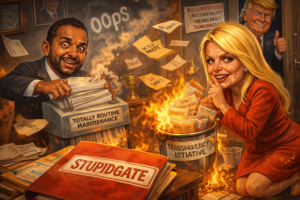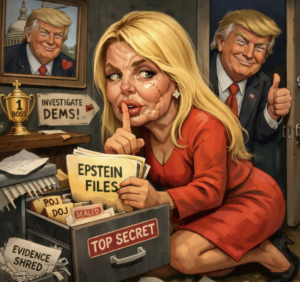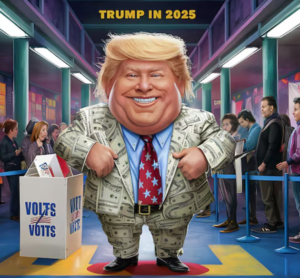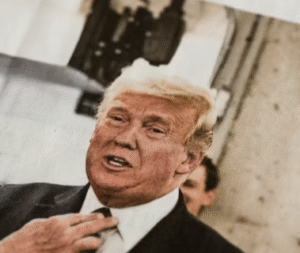$DIS $TRY $TWTR
#Disney #TurkishLira #StockMarket #Streaming #MediaIndustry #TradeWar #Crypto #Turkey #EntertainmentIndustry #Investing #MarketAnalysis #Trump
Disney strikes back, pushing forward amid a highly competitive entertainment landscape that has experienced rapid transformation in recent years. Walt Disney Co. ($DIS) has steadily grown its influence, from traditional entertainment to direct-to-consumer strategies — with Disney+ being a highlight. However, this shift comes with challenges. In Q3 2023, Disney saw a drop in subscriber numbers for Disney+ within the highly saturated U.S. market. The company is now doubling down on international expansion, particularly in markets like India and Southeast Asia, where demand for streaming services is rising.
Competition is tougher than ever with rivals such as Netflix and Amazon Prime claiming significant market share. Investors are keenly observing Disney’s overseas strategy as it works to offset deceleration in U.S. growth. For investors, it is crucial that Disney manages the delicate balance between spending on content creation and maintaining profitability. Moreover, with high interest rates impacting consumer demand globally and fears of a potential economic downturn looming, Disney’s stock could face volatility in the short term. However, long-term investors may find hope in Disney’s diversified content portfolio, unmatched intellectual property, and the potential boom from rights deals surrounding live sports such as the NFL and international cricket.
Meanwhile, Turkey, often referred to as a regional economic powerhouse, has been experiencing a challenging financial environment, and speculation surrounds comparisons between Erdogan and Trump regarding nationalist-driven economic policies. Investors have voiced concerns over Turkish lira ($TRY) depreciation against the U.S. dollar, which has largely been driven by unconventional monetary policies, inflation, and Ankara’s potential decoupling from global economic systems. The devaluation of the Turkish lira may create opportunities for speculative traders, who can profit from arbitrage as the central bank in Turkey takes a somewhat unpredictable role in shaping the financial market.
Much like the Trump administration’s disruptive approach to global trade during his presidency, Turkey under Erdogan’s governance is mirroring policies that emphasize domestic growth while engaging in protectionist strategies. These policies could severely affect Turkish exports and create fluctuations for industries that depend on trade alliances and open global markets. Investors with exposure to companies based in Turkey or those that have major operations there are closely analyzing how this situation will evolve. Additionally, the effects of a weaker Turkish lira could have profound implications for international businesses operating in Turkey, as well as potential ripple effects in neighboring emerging markets.
In conclusion, Disney strikes back by adapting and innovating as it enters the next phase of its growth strategy, while Turkey navigates economic volatility shaped by national policies under Erdogan, which bear a striking resemblance to Trump’s approach to trade and governance. Both situations present opportunities and risks for investors, whether they are looking at equities like Disney or engaging in foreign exchange markets with the Turkish lira. Financial markets will continue to react to both these developments, with investors needing to stay nimble and well-informed in these volatile times.











Comments are closed.